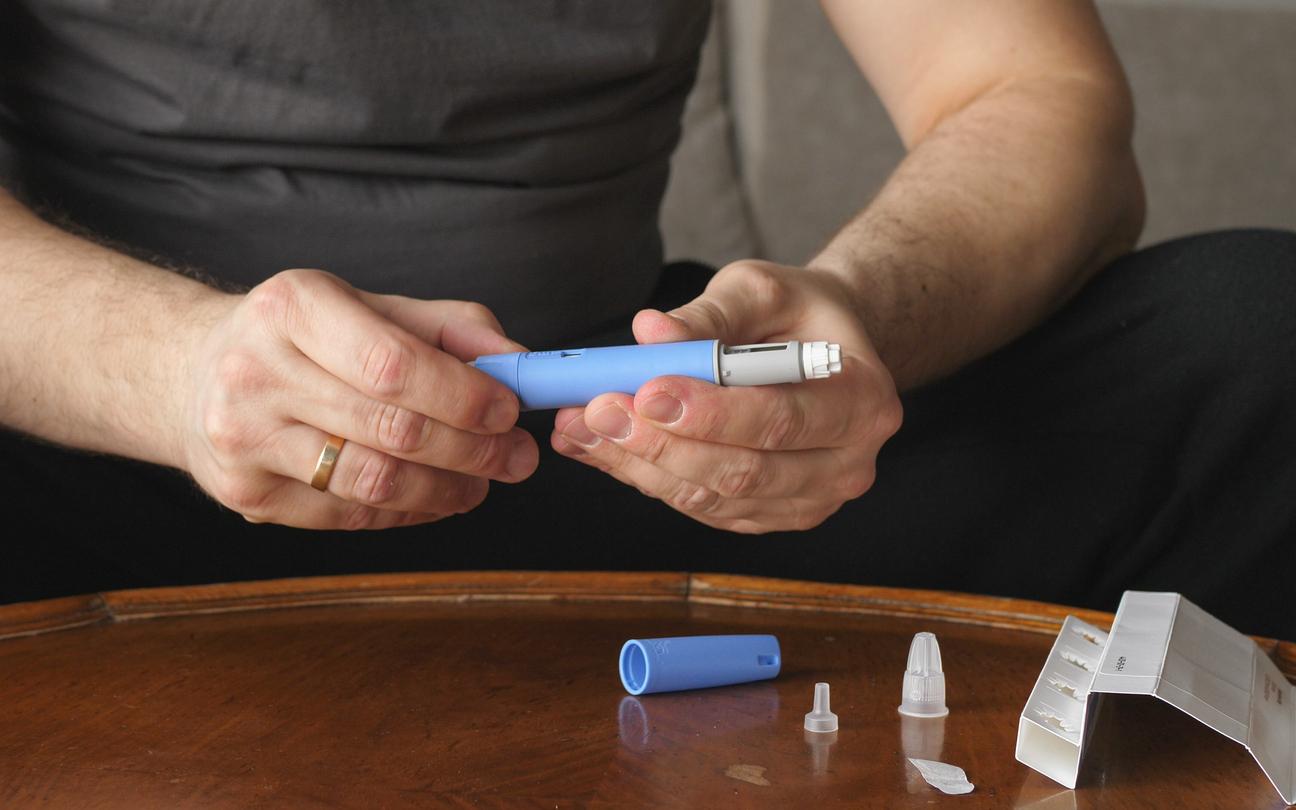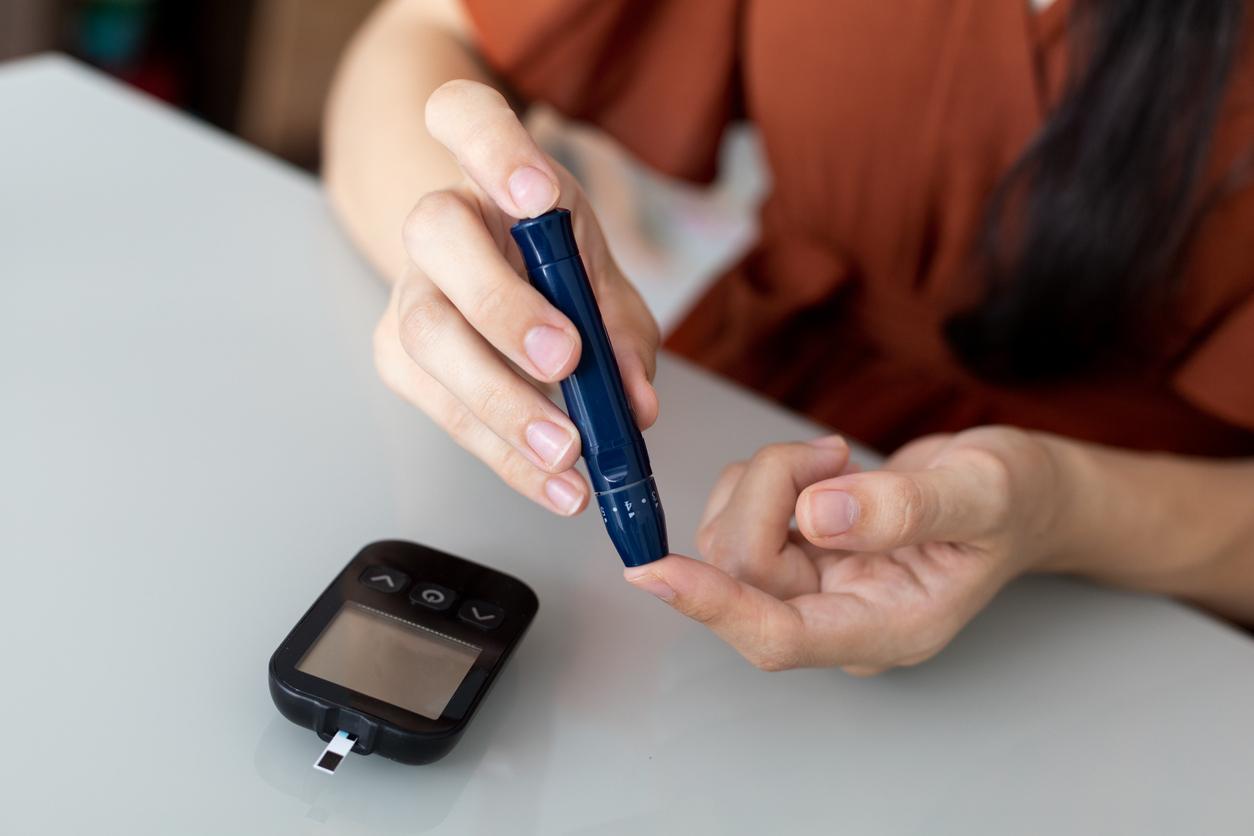Insulin inhalers, which offer a non-invasive alternative to diabetic patients, could improve their therapeutic adherence and therefore results.

- Diabetes treatment is based on daily insulin injections.
- To improve patients’ daily lives, it is possible to distribute a precise quantity of insulin into their lungs, thus allowing rapid action.
- To date, Afrezza is the only inhaled insulin product on the market in the United States that “has a safe pharmacokinetic profile.”
In 2020, more than 3.5 million French people were treated for diabetes, or 5.3% of the population. According to health insurance, in more than 90% of cases, it is type 2 diabetes, which occurs mainly in adults but can also appear as early as adolescence. To maintain a stable blood glucose level, patients use oral anti-diabetic medications and must have daily injections of insulin, the hormone produced by the pancreas that controls blood sugar. This treatment is associated with some discomfort, time constraints and the need for precise dosing, to avoid unpredictable blood sugar levels and serious complications.
Inhaled insulin is absorbed into the bloodstream quickly and efficiently
In a study published in the journal International Journal of Nano and Biomaterials, two researchers from the department of pharmaceutical sciences at the University of Saurashtra (India) indicated that inhalation of insulin could facilitate treatment and improve the daily lives of patients. Using devices similar to those used by people with asthma or other chronic lung diseases, including nebulizers and metered-dose inhalers, it is possible to deliver a precise amount of insulin to a person’s lungs. a diabetic patient. “The body responds quickly. Blood circulation is directly affected by the lungs and, given their accessibility and extensive alveolar-capillary network for drug absorption, inhaled insulin is a desirable alternative to systemic administration of the hormone”, they wrote.

Diabetes: Afrezza presents a more reliable pharmacokinetic profile
According to scientists, the Food and Drug Administration (FDA) approved a drug, specifically a fast-acting inhalable insulin called “Afrezza” in 2014. “Compared to other forms of inhaled insulin that have not been successful, this faster-acting inhalable insulin has a different and safer pharmacokinetic profile.” The authors added that nanotechnology could contribute to the next steps in the development of even more effective inhaler-like drug delivery systems for the treatment of diabetes.

















